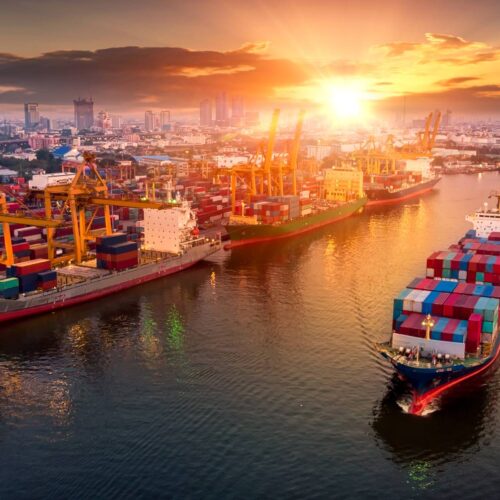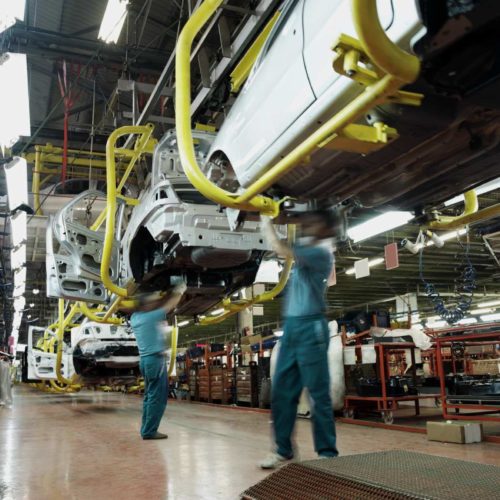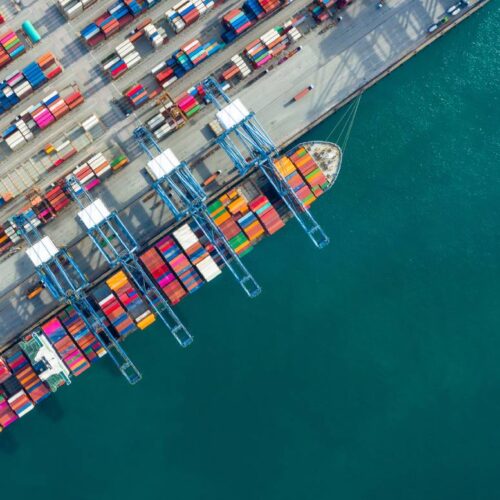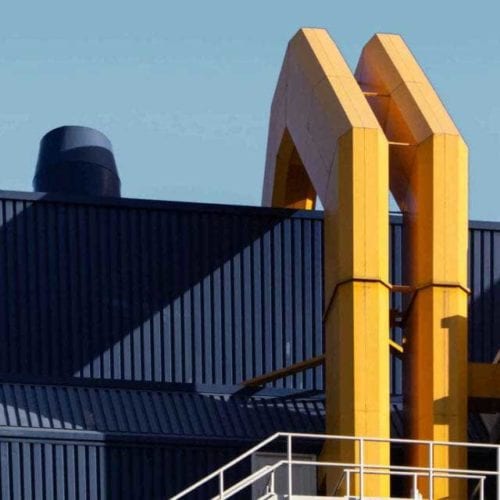Article

Supply Chain Emissions Initiative
Supply Chain Emissions Initiative
The global economy is responding to growing, dire climate change concerns. Over half of S&P 500 companies have targets for reducing greenhouse gas emissions. Financial institutions are elevating climate risk in their investment considerations. Company shareholders, employees, and customers are demanding corporate action to reduce emissions. And governments are mandating climate risk reporting.
However, currently stakeholders struggle to uncover the emissions from their activities. There is no credible way to measure the emissions created by producing the steel or aluminum that goes into the car you drive, the refrigerator that chills your food, or the bridge commissioned by your city. RMI is working to change that.

Horizon Zero
Horizon Zero is accelerating the decarbonization of supply chains by making it possible to understand the GHG emissions impact of what companies are purchasing and selling.

Market Participation & Standards
Providing technical expertise to leading corporations to mitigate supply chain emissions, and bringing those lessons forward to corporate actors, the financial sector, and regulators.

Digital Infrastructure & Exchanges
Improving emissions accuracy by working with the Energy Web Foundation to create a blockchain platform that will digitally track emissions through a supply chain.
Resources
Article
Report
Blog
A Clear Path to Insights and Action for the Oil and Gas Industry
Press Release
Brochure
Blog
Blog







